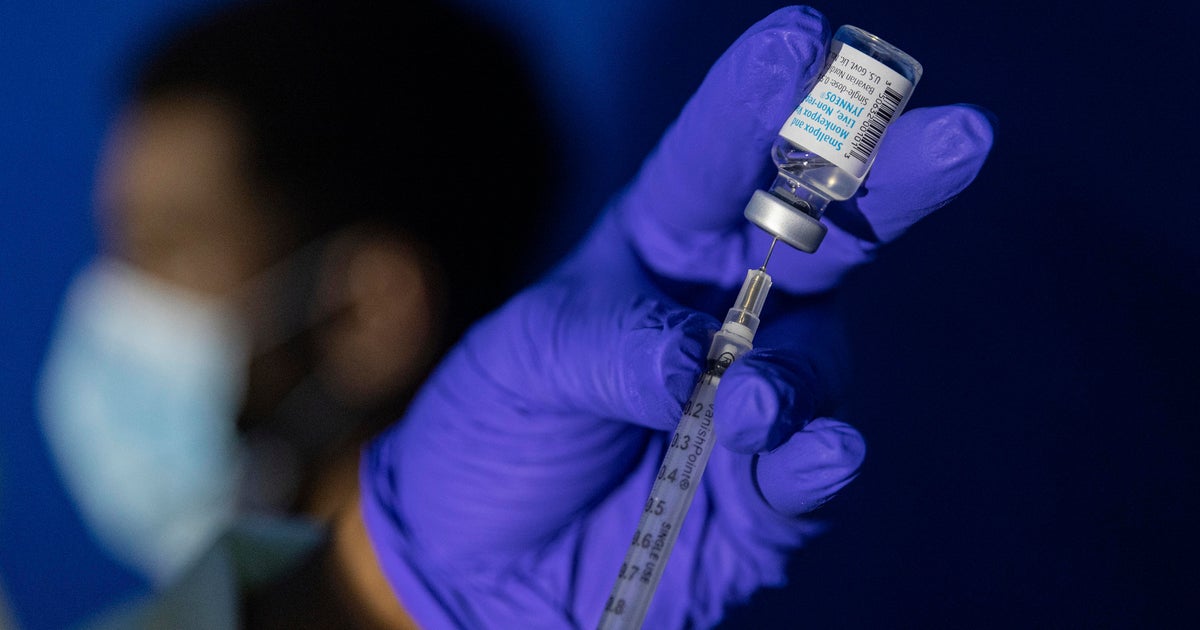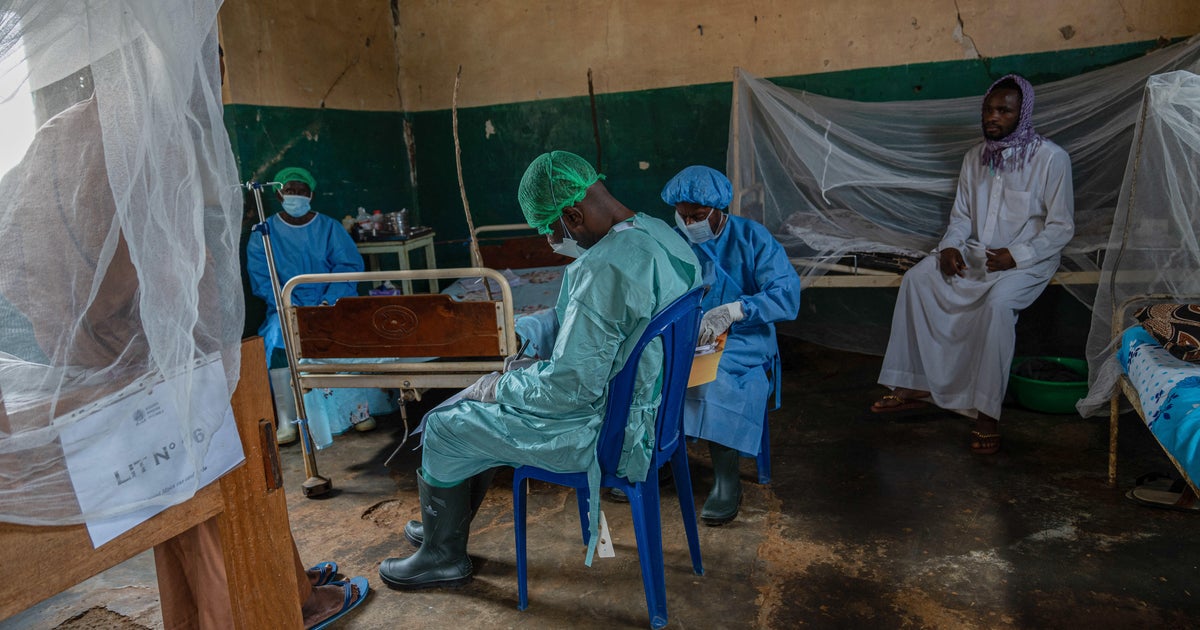CBS News
Mpox outbreaks in Africa are a global health emergency, WHO declares

The mpox outbreaks in Africa are a global emergency, with cases confirmed among children and adults in more than a dozen countries, the World Health Organization declared Wednesday.
The declaration comes after the Africa Centers for Disease Control and Prevention announced earlier this week that the mpox outbreaks were a public health emergency, with more than 500 deaths, and called for international help to stop the virus’ spread.
“This is something that should concern us all … The potential for further spread within Africa and beyond is very worrying,” said WHO director-general Tedros Adhanom Ghebreyesus. A global emergency is WHO’s highest level of alert but the designation does not necessarily mean a disease is particularly transmissible or lethal.
With a new form of the virus spreading and few vaccine doses available on the continent, the Africa CDC warned the virus might spill across international borders.
“We are now in a situation where (mpox) poses a risk to many more neighbors in and around central Africa,” said Salim Abdool Karim, a South African infectious diseases expert who chairs the Africa CDC emergency group. He said the new version of mpox spreading from Congo appears to have a death rate of about 3-4%.
Mpox has been detected in 13 countries this year with more than 96% of all cases and deaths are in Congo, the Africa CDC previously said.
Cases are up 160% and deaths are up 19% compared with the same period last year. So far, there have been more than 14,000 cases and 524 people have died.
Officials at the Africa CDC said nearly 70% of cases in Congo are in children younger than 15, who also accounted for 85% of deaths.
What is mpox?
Mpox, also known as monkeypox, is in the same family of viruses that includes variola virus, which causes smallpox; vaccinia virus, used in the smallpox vaccine; and cowpox virus, according to the Centers for Disease Control and Prevention. It was discovered in a colony of monkeys in 1958 and its first human case was recorded in 1970 in the Democratic Republic of Congo, but has been reported in humans in other countries.
In 2022, the WHO declared mpox a global emergency after it spread to more than 70 countries, mostly affecting gay and bisexual men. In that outbreak, fewer than 1% of people died.
New form of mpox symptoms
Earlier this year, scientists reported the emergence of a new form of the deadlier form of mpox, which can kill up to 10% of people, in a Congolese mining town that they feared might spread more easily. Mpox mostly spreads via close contact with infected people, including through sex.
Unlike in previous mpox outbreaks, where lesions were mostly seen on the chest, hands and feet, the new form causes milder symptoms and lesions on the genitals. That makes it harder to spot, meaning people might also sicken others without knowing they’re infected.
Can we stop the spread of mpox?
Western countries during the 2022 outbreak mostly shut down the spread of mpox with the help of vaccines and treatments, but very few of those have been available in Africa.
Michael Marks, a professor of medicine at the London School of Hygiene and Tropical Medicine, said that in the absence of mpox vaccines licensed in the West, officials could consider inoculating people against smallpox, a related disease.
“We need a large supply of vaccine so that we can vaccinate populations most at risk,” he said, adding that would mean sex workers, children and adults living in outbreak regions.
CBS News
12/20: CBS News Weekender – CBS News

Watch CBS News
Be the first to know
Get browser notifications for breaking news, live events, and exclusive reporting.
CBS News
A unique spin on the classic holiday eggnog

Watch CBS News
Be the first to know
Get browser notifications for breaking news, live events, and exclusive reporting.
CBS News
Drone expert unpacks mysterious sightings across Northeast

Watch CBS News
Be the first to know
Get browser notifications for breaking news, live events, and exclusive reporting.









